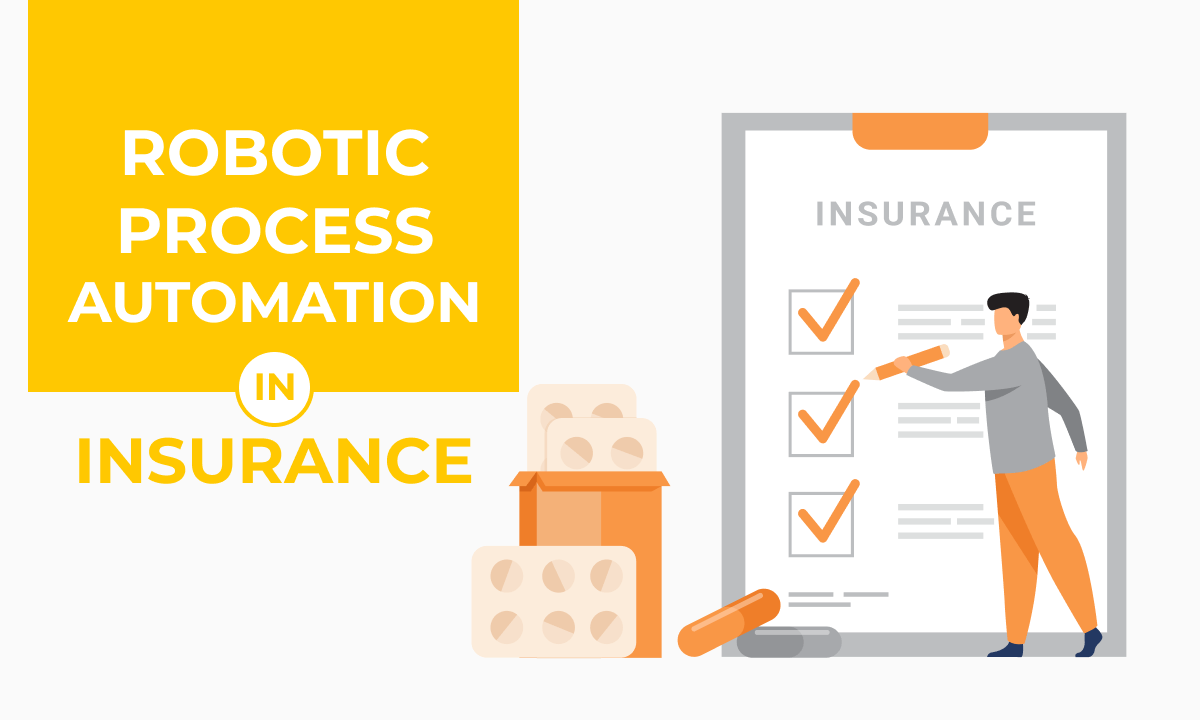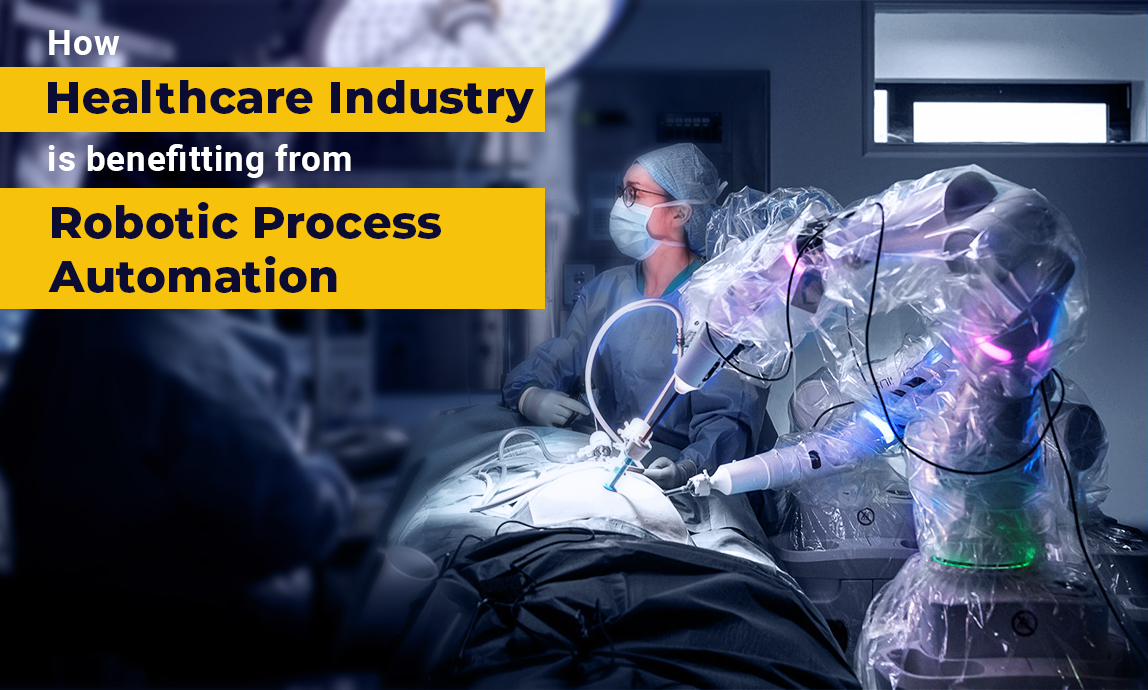
Robotic Process Automation in Insurance
Insurers have become accustomed to the marketing realities of low premium growth and rising losses costs over the years. The insurance industry is now at an inflection point, where emerging technologi..

Over the years, healthcare has become one of India’s largest sectors, both in terms of revenue and employment. The healthcare and pharmaceutical sector in India had merger & acquisition activity worth US$ 4.32 billion in the first half of 2022. According to a report by Wharton School of UPenn, ‘technology’ has been the key driving factor in changing healthcare in India. It further says, “Technology infusion — along with expanded infrastructure and efficiencies from process improvements — could help improve health care accessibility and affordability”.
Post covid-19, healthcare sector has seen a lot of changes. From changing dynamics of managing operations to focus on enhancing the customer experience. One thing that has primarily driven this stream of change is the increased focus on technology – especially the latest one like AI, ML, and RPA/IPA-led automation.
In the next three years, 50% of US healthcare providers will invest in RPA technology, according to Gartner. "Healthcare providers are stuck in a perfect storm of reducing payments, increasing outcomes, enhancing experience, and boosting credentials. Any technology put in place to assist these providers in streamlining operations and improving delivery must also minimize costs," says Gartner in its subsequent statement.
In many countries worldwide, including India, ineffective operating procedures, lengthy patient wait times, poor management, etc., are still huge problems to monitor for the healthcare businesses. Let’s consider one of the most basic operations in a hospital – billing and scheduling -it is a challenge which requires lot of workforce. The employee must decide what slot the patient can be put into within the no. of available slots. Also, they must be very focussed while processing the bills to ensure error-free billing. Accuracy and consistency in the service delivery is another challenge faced by healthcare organizations. All of this adds up to inflated costs, inconsistent services, more errors, and overall inefficiency.
To solve this problem, it is necessary to reduce unforeseen expenses that occur during routine activities. To make daily operations more efficient and quicker, a patient-centred, efficient workflow is needed. It is also important to increase employee productivity and deliver services consistently. Technology can come to rescue at this point.
Robotic process automation is a technology that automates the day-to-day, repetitive, mundane tasks of employees, such as filling the forms, moving files, etc. It is integrated with Application Programming Interface (API) & User Interface (UI) to automate everyday repetitive tasks. The size of Robotic Process Automation in the healthcare market was valued at USD 1.13 Billion in 2020 and is projected to reach USD 1.83 Billion by 2028, growing at a CAGR of 6% from 2021 to 2028.
The healthcare sector has a lot of administrative and time-consuming tasks, which are general in nature. These non-specializing tasks can be automated with the help of RPA. Following are some use cases of Robotic Process Automation in healthcare:
Robotic Process Automation Solutions is benefitting many aspects of the whole healthcare ecosystem. The impactful changes brought by RPA Solutions are positively multiplying the supply chains, patient care, inter-departmental transitions of patients etc. Some of the benefits are mentioned below:
RPA Technology is one of the fastest-growing technologies emerging out of the 21st century. FiveS Digital is working towards making the healthcare sector more automated and improving the lives of both patients and healthcare businesses. We cater to the patient journey through RPA solutions right from appointment scheduling and seamless inter-departmental transitions to billing and medications. It is the right time to switch from old, conventional processes to newer technologies, thereby improving a patient's journey and being more caring towards them.